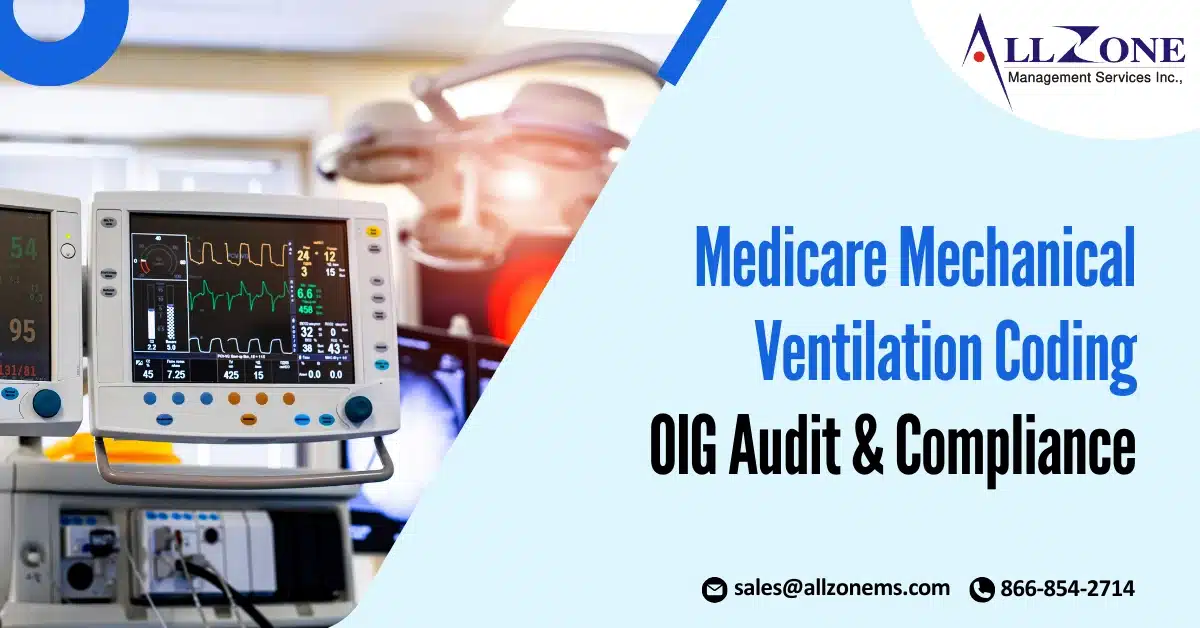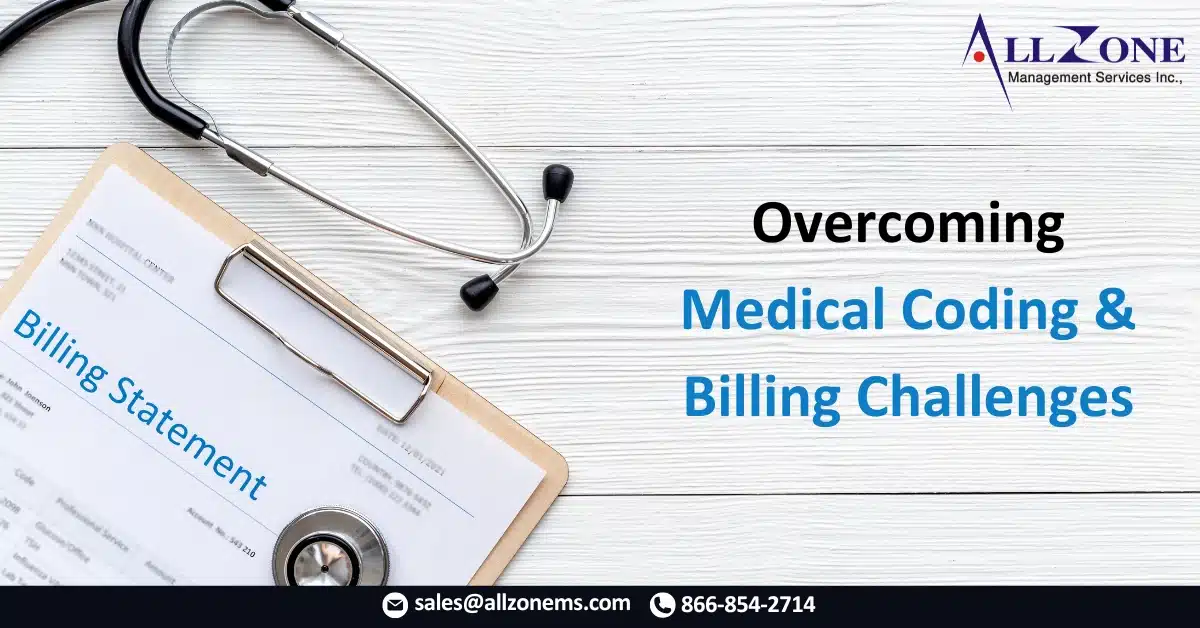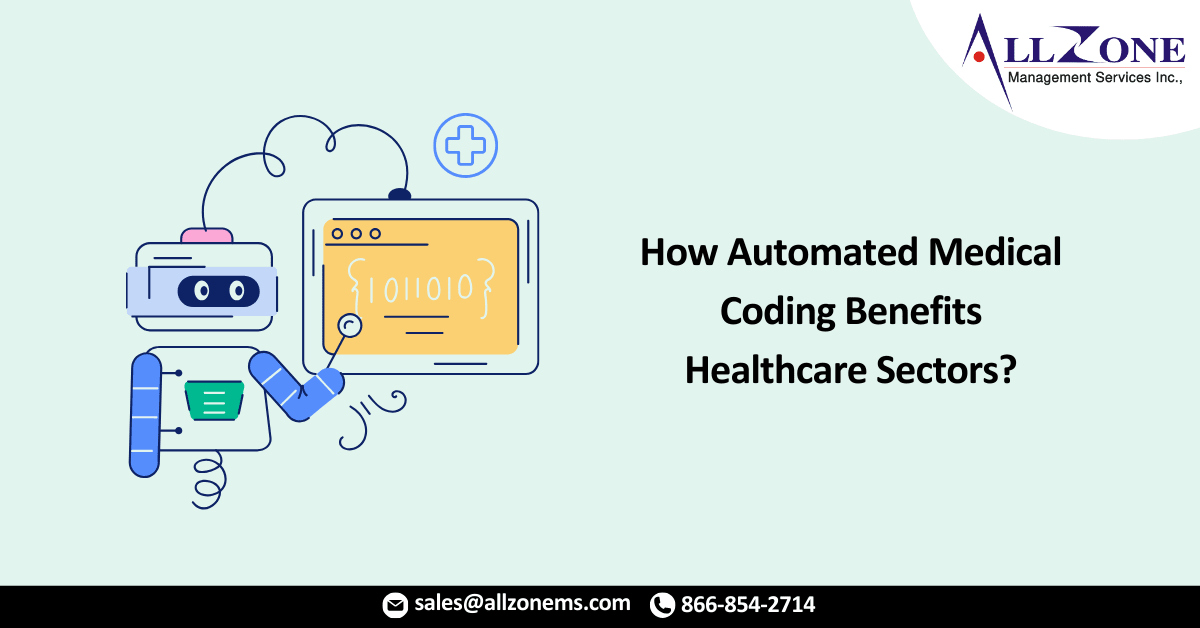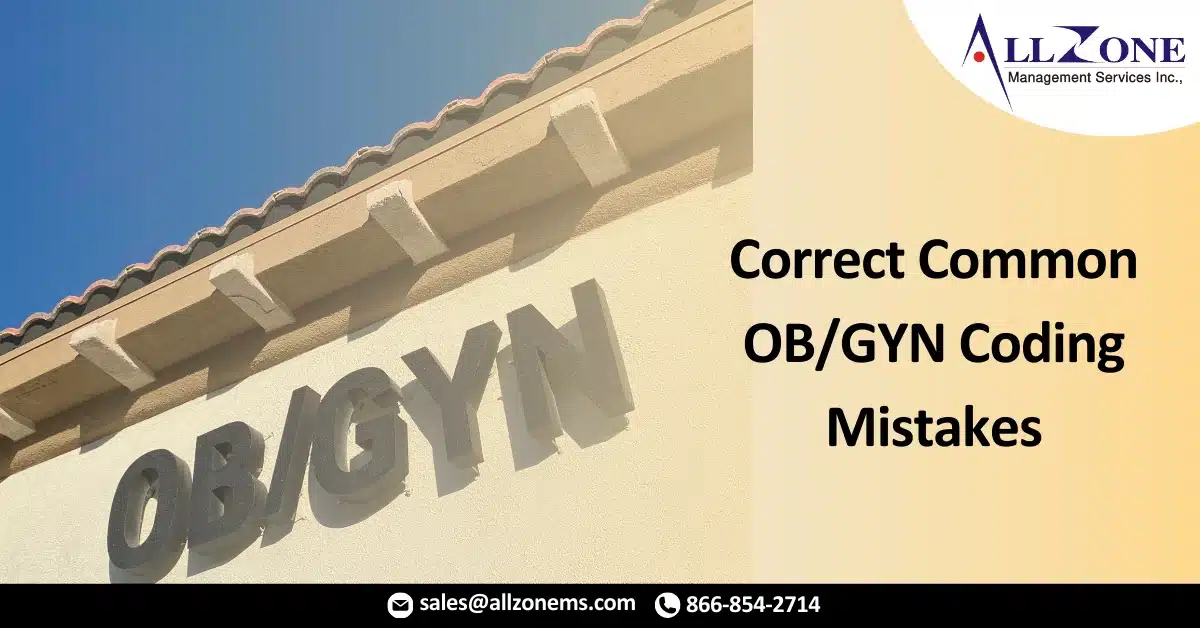The U.S. Department of Health and Human Services (HHS) Office of Inspector General (OIG) recently conducted a review of Medicare Severity Diagnosis Related Groups (MS-DRGs) that required more than 96 consecutive hours of mechanical ventilation. The audit focused on compliance with Medicare payment requirements and accurate Mechanical Ventilation Coding and code assignment. A total of […]
Medical coding and billing are critical components of the healthcare revenue cycle. They ensure that healthcare providers receive proper reimbursement for the services rendered. However, the ever-evolving regulatory landscape, shifting payer policies, and technological advancements present numerous Medical Coding & Billing Challenges. These challenges significantly impact the efficiency and accuracy of the revenue cycle. As […]
Claim denials are a common challenge for healthcare organizations, often leading to significant revenue loss. While it’s impossible to eliminate denials entirely, proactive Claim denial management can significantly reduce their impact. Industry standards for claim denials are lacking, making it difficult to track and analyze denial trends. Each payer has its own unique policies and […]
Accurate medical coding and billing are essential components of a healthcare practice’s financial health. When codes for procedures and diagnoses are recorded correctly, providers can receive timely reimbursements for the services they deliver. However, Prevent coding and billing errors can lead to claim denials, delays in payments, and increased administrative burden This blog post will […]
The healthcare industry holds hidden potential for improved revenue and streamlined operations. Charge capture audits act as your key to unlock these hidden treasures. Similar to explorers seeking buried riches, healthcare organizations can embark on a quest for financial stability through these audits. This guide will explain charge capture audits, help you identify hidden opportunities, […]
Claim scrubbing enables the potential for increased accuracy in claims, enhanced client relationships, and improved patient interactions. Claim scrubbing is the process of identifying and rectifying coding errors in medical claims prior to their submission to insurance providers. Whether conducted manually or through automated systems, claim scrubbers validate medical claims before they are sent to […]
The relationship between medical coding and patient care may not initially appear connected, and they may even seem like complete opposites. While medical coding focuses on billing and revenue, patient care revolves around providing care to individuals. An from leading E-magazine’s recent article emphasized this distinction, asserting that prioritizing care is essential over coding. However, […]
The Comprehensive Error Rate Testing (CERT) program grew out of the Department of Health and Human Services Office of Inspector General improper payment rate estimates from 1996 through 2002. Due to sample size restrictions, the Centers for Medicare & Medicaid Services (CMS) assumed responsibility because they had access to more granulated data in 2003. The […]
Overlooking separately billable services rendered during the global period will cost your practice dearly. Many obstetrics/gynecology (OB/GYN Coding) practices are coding deliveries incorrectly or failing to submit claims for “problem visits” during a prenatal or postpartum visit. Common mistakes such as these not only fail to capture payment for services rendered but also the meaningful […]
Denied claims are one of physicians’ chief complaints when it comes to dealing with payers. To a certain extent, every practice deals with claim denials. It’s those practices that eliminate the most common reasons that experience a smoother revenue cycle and find greater financial success. Here are the 13 most common reasons for why claims […]










